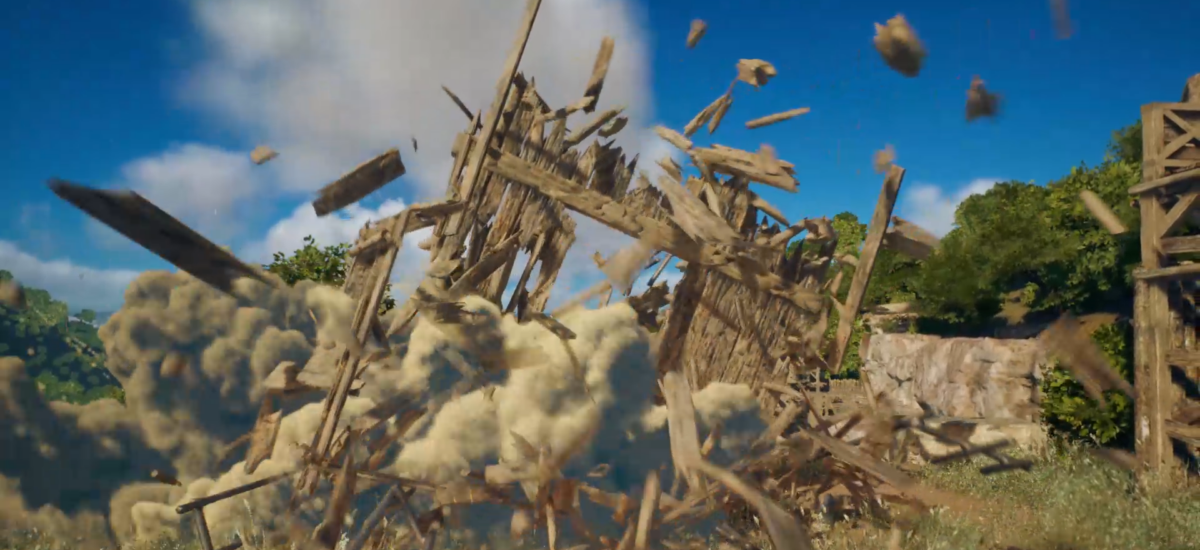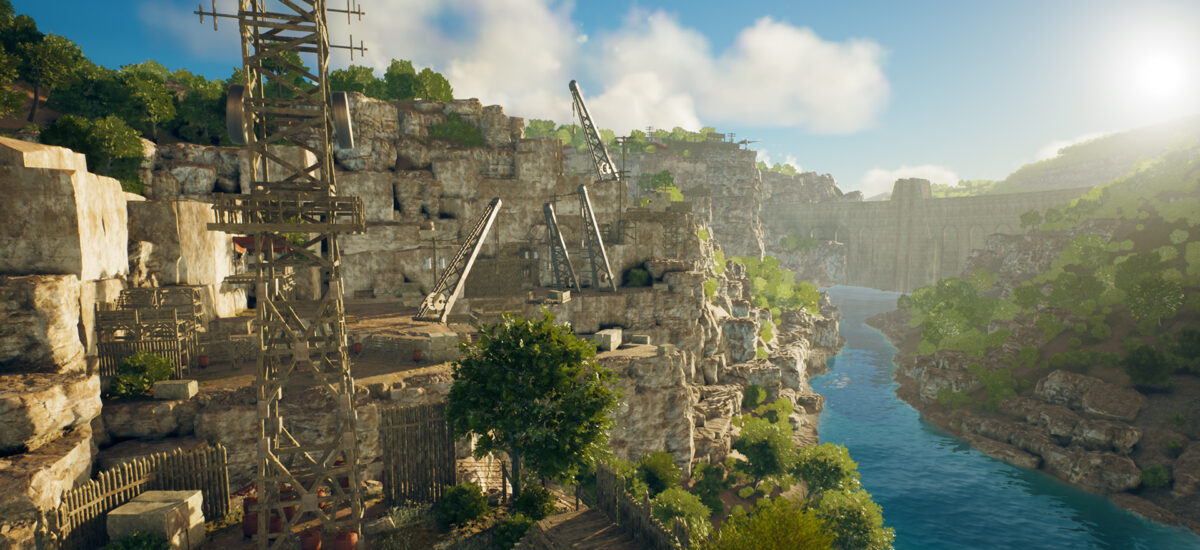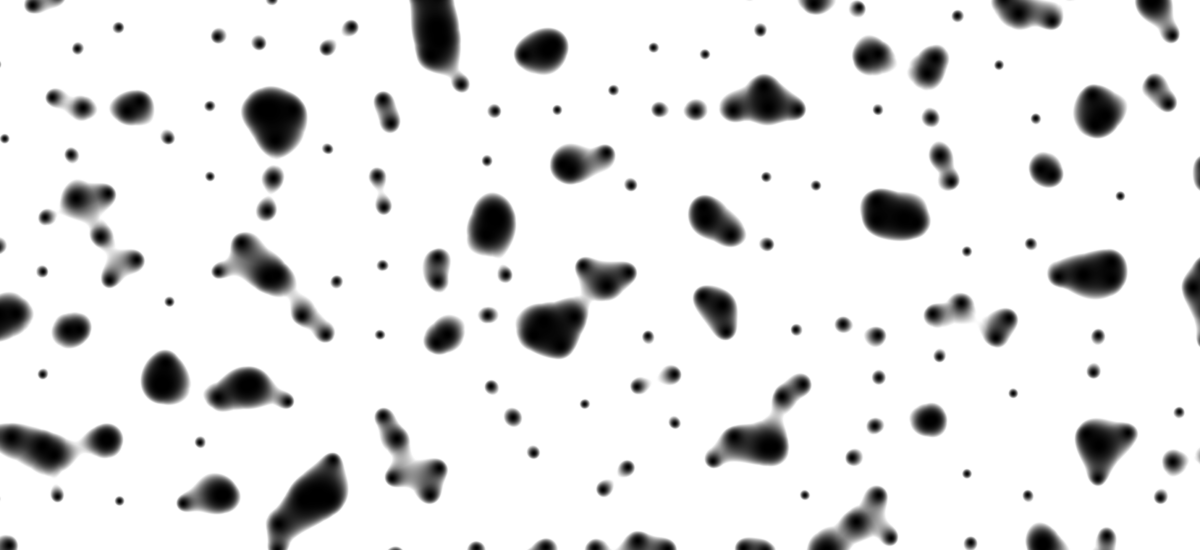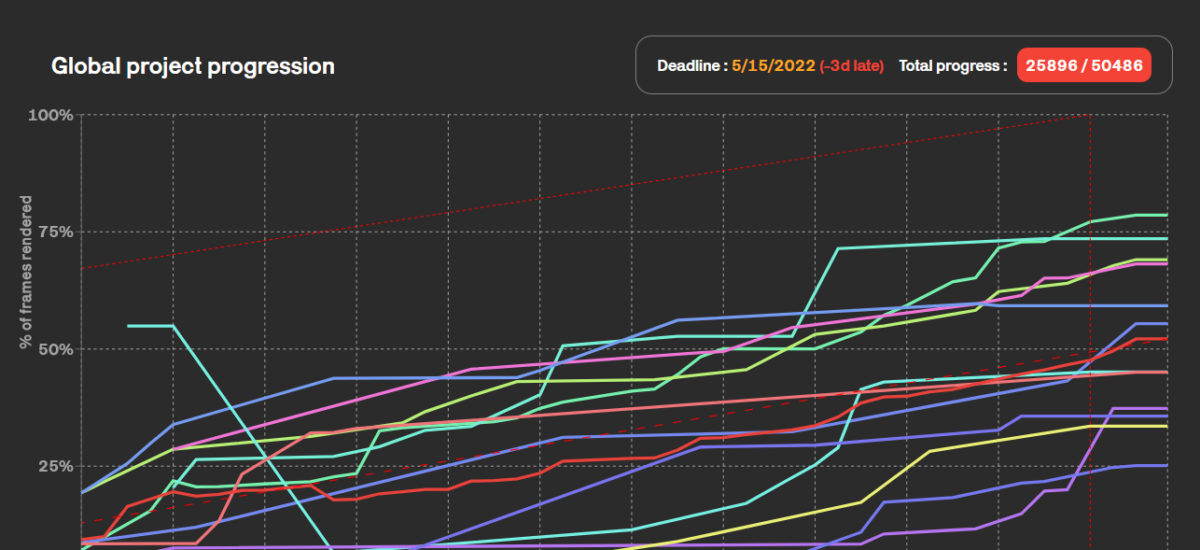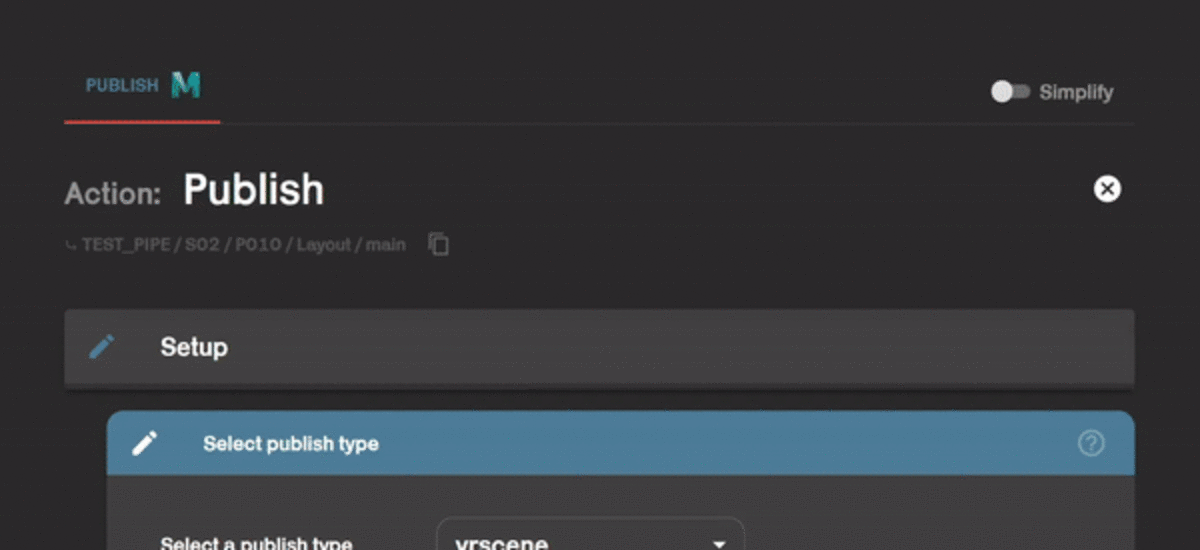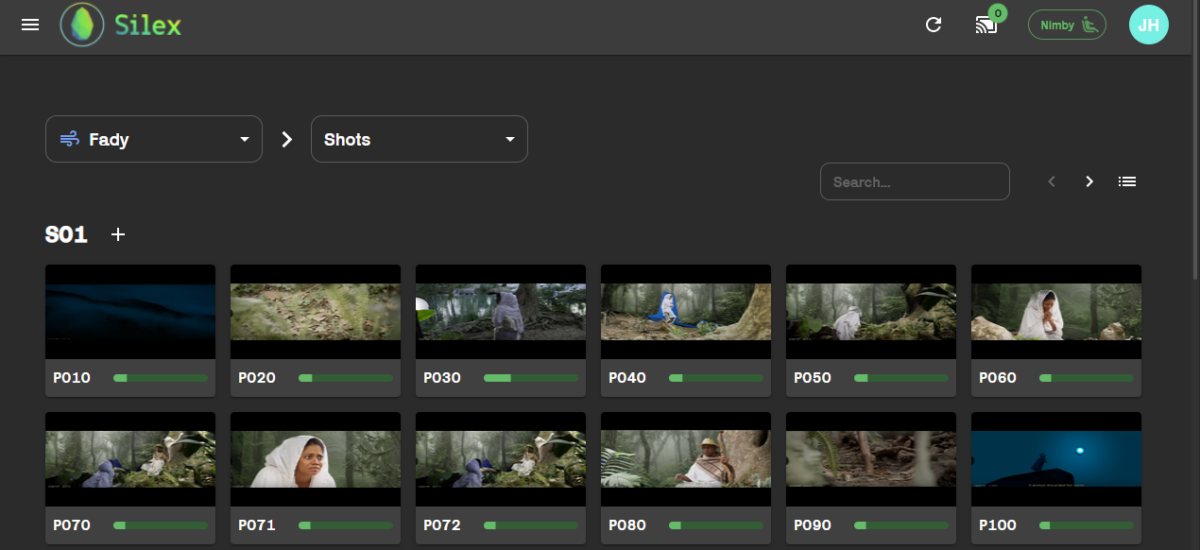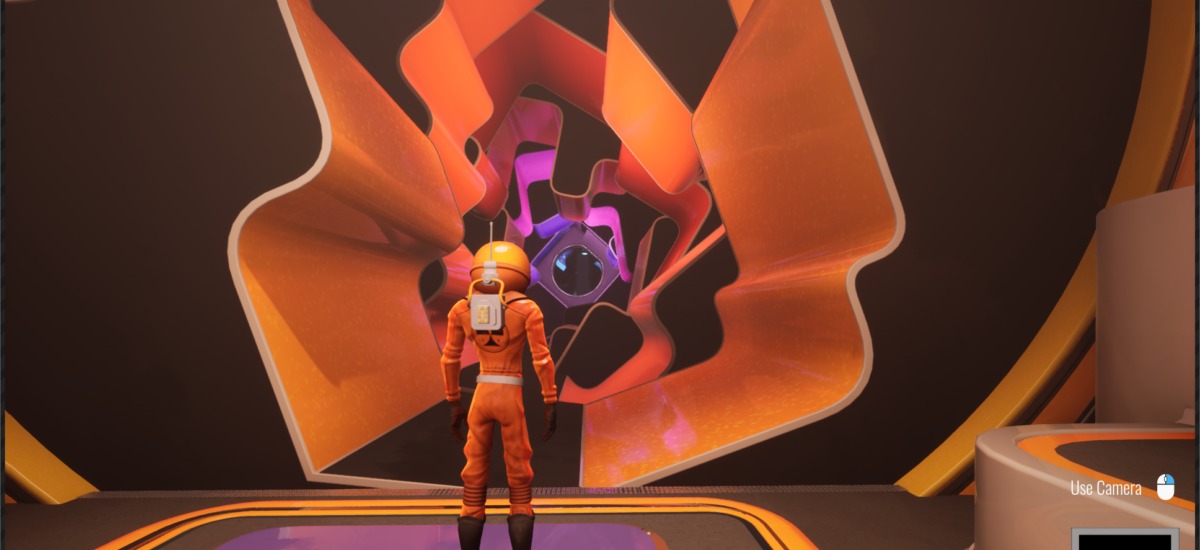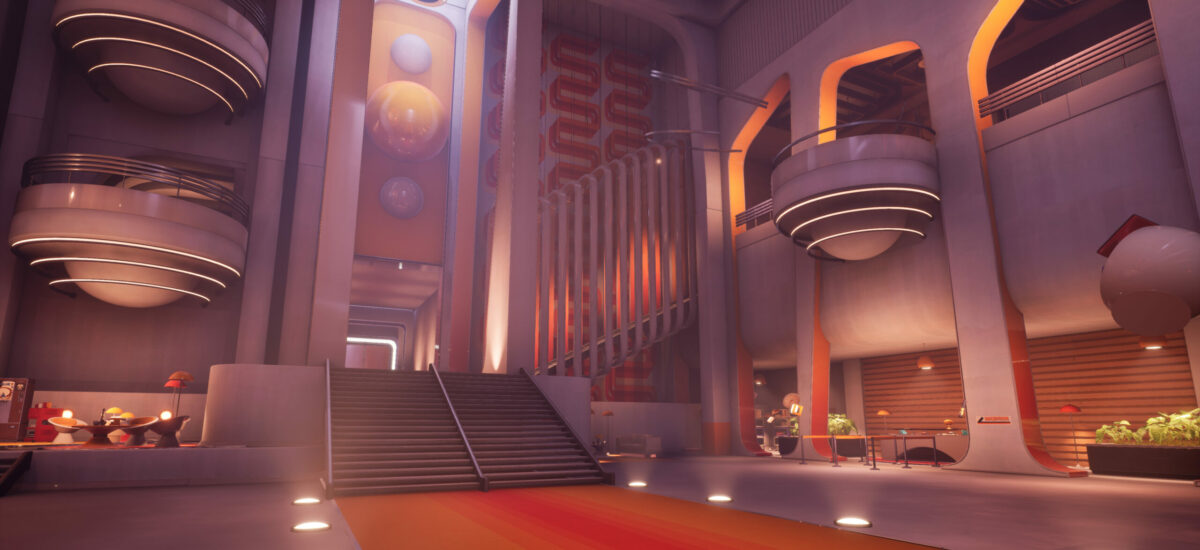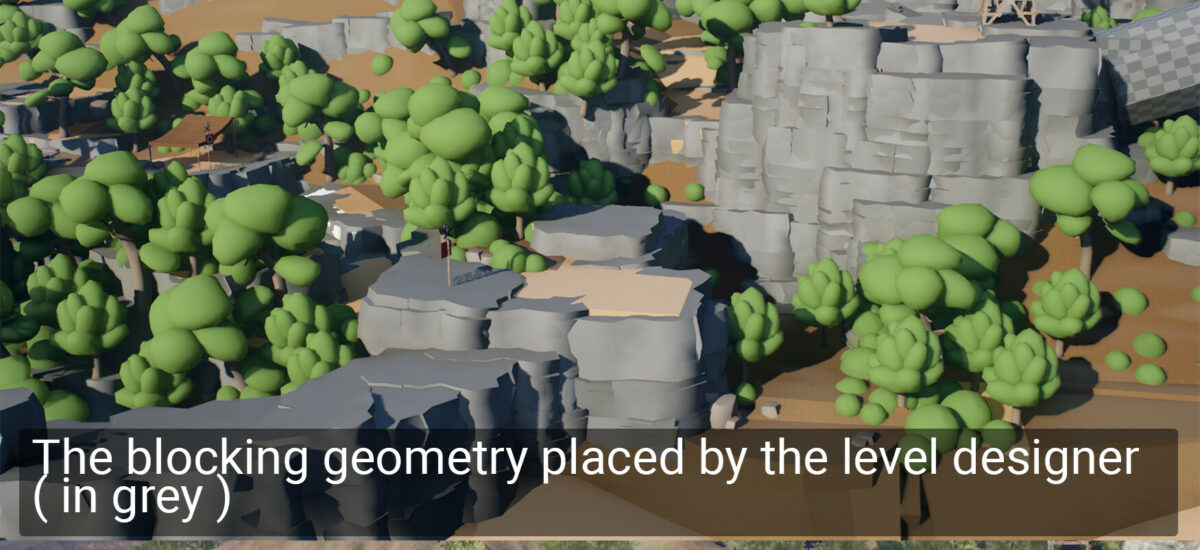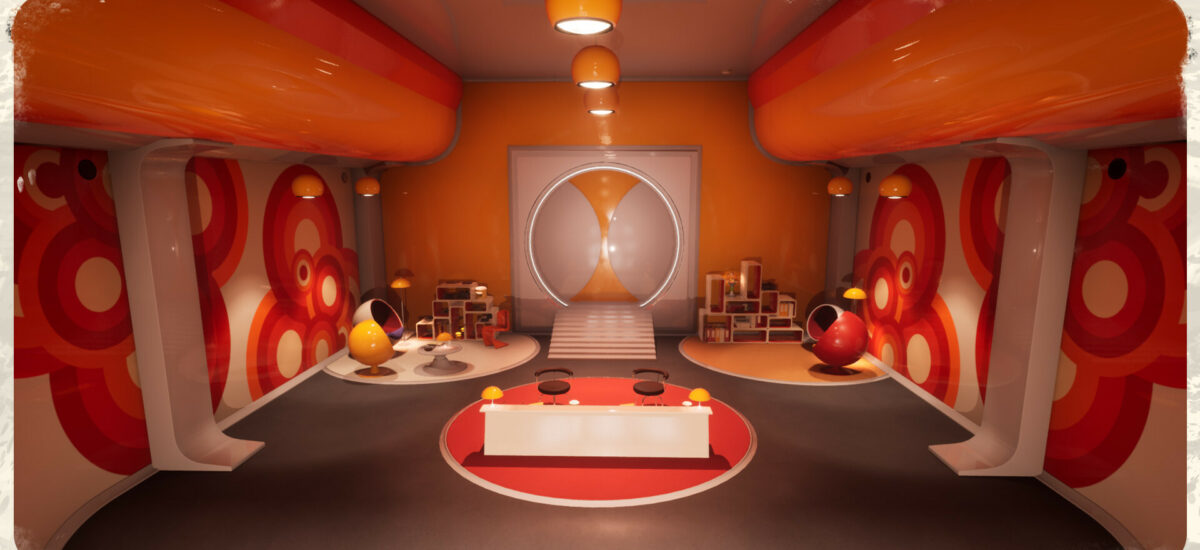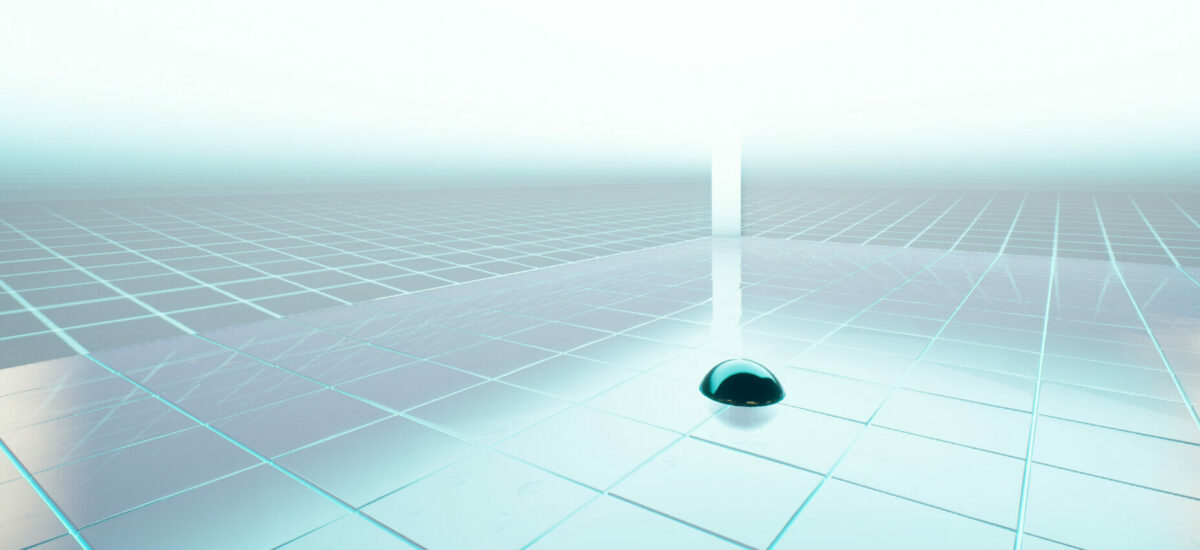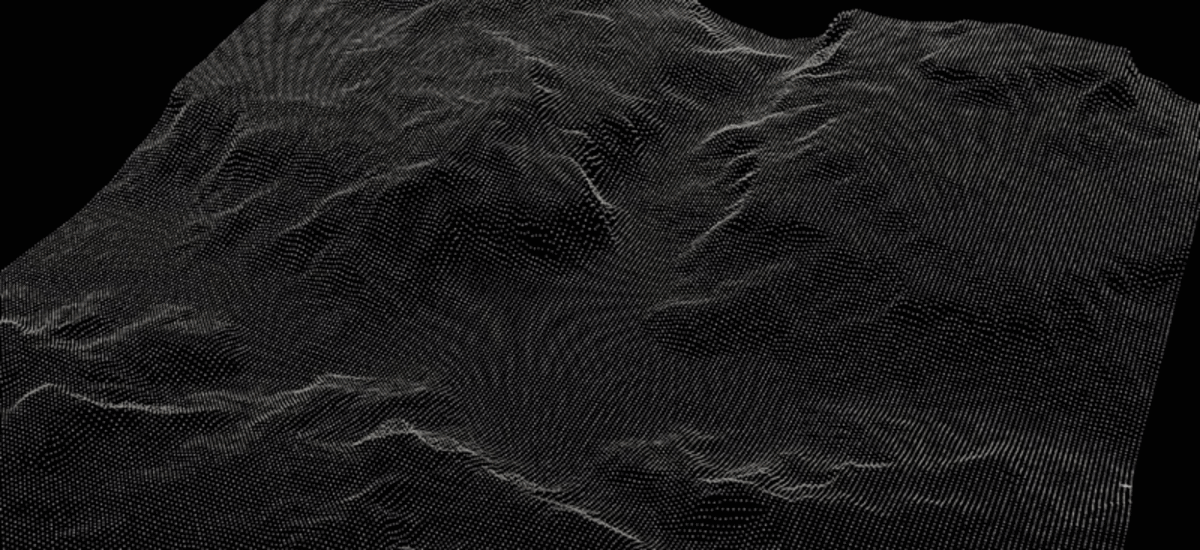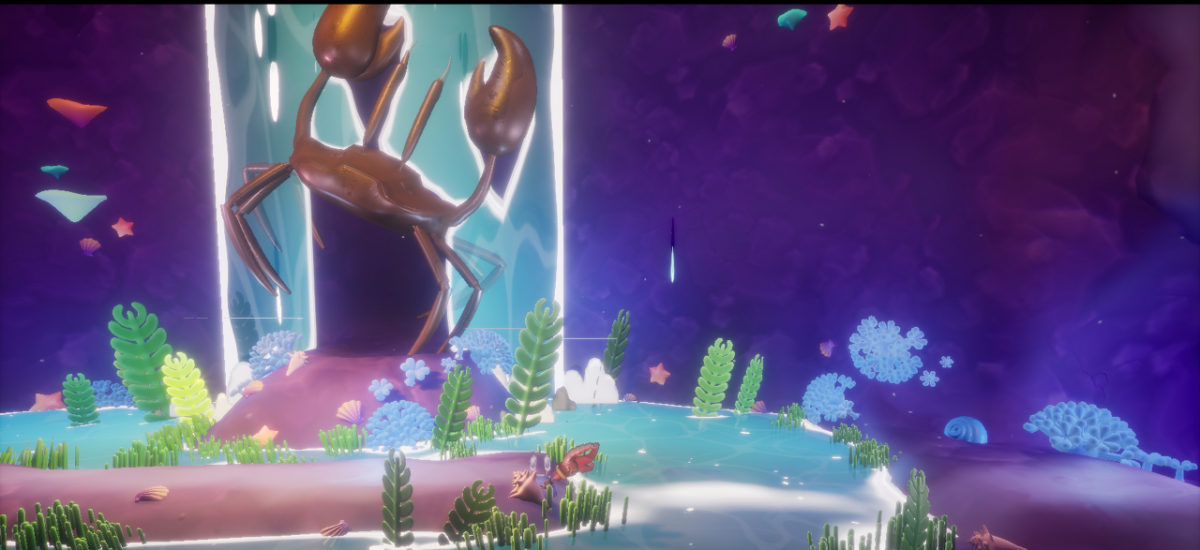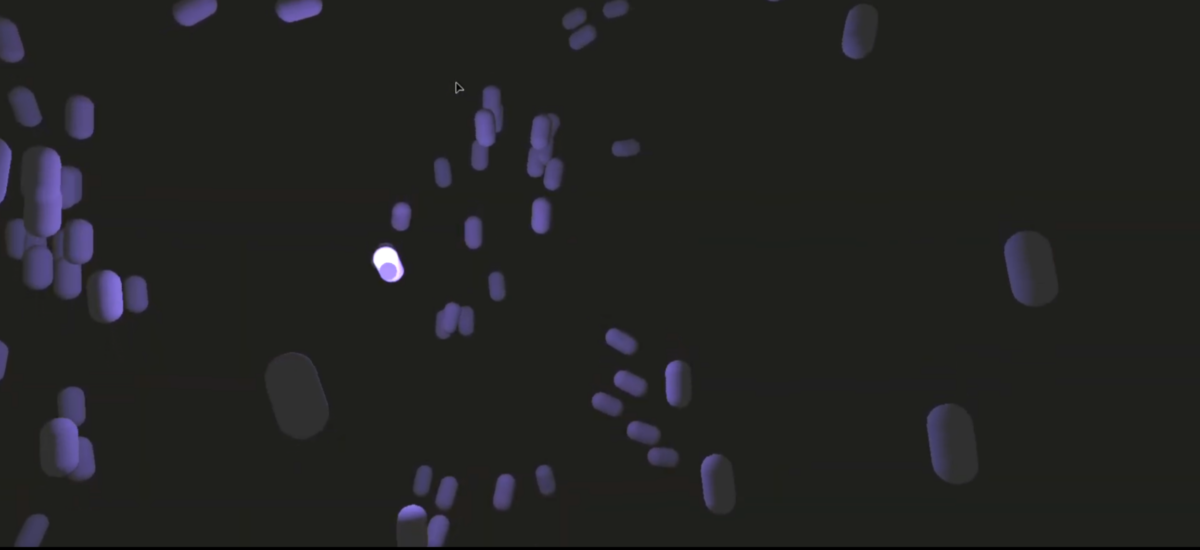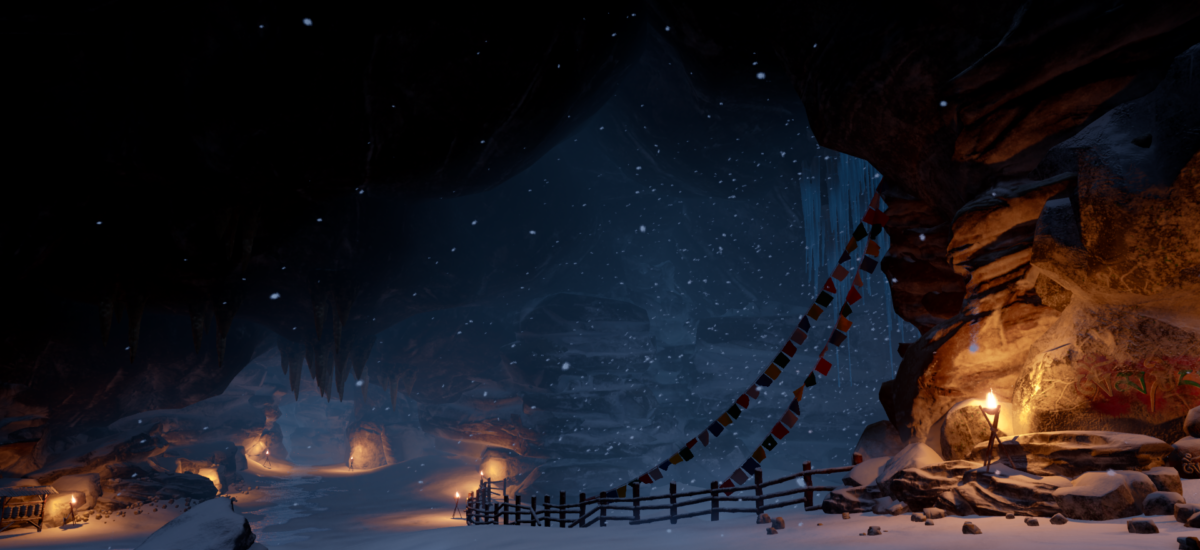Practice at the Heart of Teaching
Computer science is both a theoretical and practical subject. Without theory, no understanding is possible; without practice, there is no effect on productions. The ARTCODE curriculum consists of one-week workshops, dedicated to a specific subject and resulting in a deliverable. The student’s time is divided between the course, given by a permanent teacher or an industry professional, and practice, to deliver the workshop project. The teacher accompanies you during your practice.
Art and Reflection at the Heart of Technique
During the workshops, half a day is dedicated to stepping back from the studied subject. Philosophical consequences, technological evolution, artistic issues, historical debates… Technology shapes the world, and since you are called to master it, you must also be able to think about it.
Personal and Team Work
Every month, you work on a personal project to develop your autonomy. If the subjects of these projects are imposed during the first year of schooling, they gradually become free, to lead you to develop the skills that you are passionate about.
Every semester, each class works on a group project for two to three weeks. You thus address through practice the issues of design, coordination, team and project management. At the end of this period, you show your creations to the rest of the school and to an industry professional invited for the occasion. This professional then gives a masterclass, and the best individual projects of the semester are highlighted and presented by their authors.
Evaluation Leads to Emulation
The evaluation of work at ARTCODE is designed to mobilize energies and highlight exceptional work. It also provides improvement paths so that your skills are at the level required for entry into the industry.
Each work is evaluated according to three criteria: Creativity, Technical Mastery, and Professionalism. This is the CPT system. Each criterion can be evaluated with the mention Valid, Could Be Better (CBB), or Warning. A medal can also designate the deliverable as an exceptional project, exceeding the teacher’s expectations!


